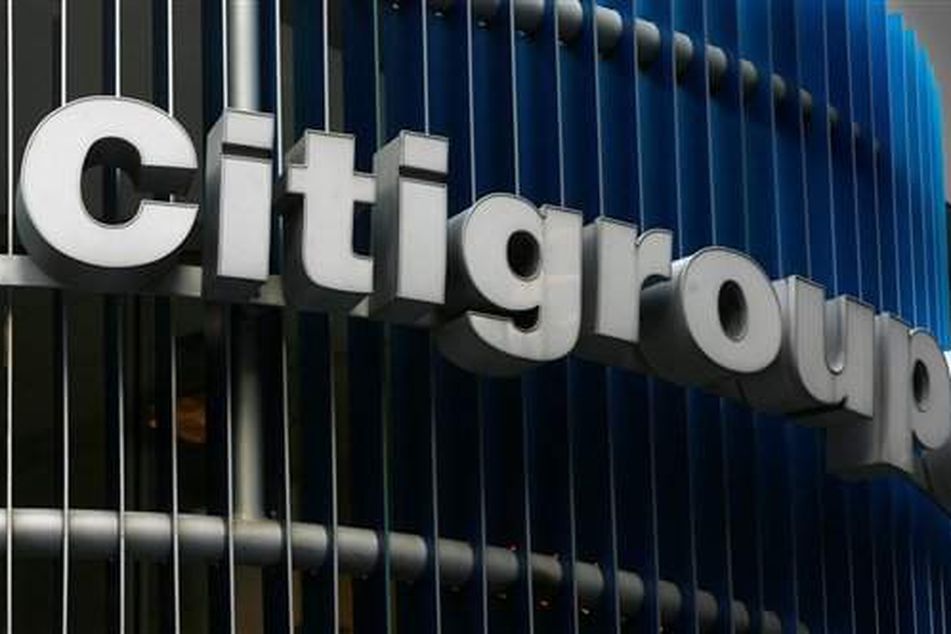Citi kitty for SEC settlement will need to get a lot bigger: Lawyers
 Judge Dredd strikes again
Judge Dredd strikes again
Judge rejected initial $285M deal; money only place for 'any latitude'
Citigroup Inc. (C), whose $285 million settlement with U.S. regulators over a collapsed collateralized debt obligation was faulted by a federal judge as too lenient, may have to pay more money to avoid admitting it did anything wrong, said lawyers following the case.
Citigroup, the third-biggest U.S. lender, agreed last month to settle a claim by the Securities and Exchange Commission that it misled investors in a $1 billion CDO linked to subprime residential mortgage securities. Investors lost about $700 million, according to the agency.
The case is the latest in which U.S. District Judge Jed Rakoff, who must approve the agreement for it to take effect, has criticized the SEC’s practice of allowing defendants to settle enforcement suits without admitting or denying fault. While he may not be able to compel New York-based Citigroup to acknowledge it did what the SEC claims, he may push the SEC and the bank to renegotiate a costlier deal.
“He can’t really force two parties who want to settle to go to trial,” said J. Robert Brown Jr., who teaches corporate governance at the University of Denver Sturm College of Law. “If he rejects it, the only place I see any latitude to change the settlement is the money.”
Rakoff, who in 2009 rejected a $33 million deal between the SEC and Bank of America Corp. (BAC), has said his role is to determine whether the Citigroup settlement is “fair, adequate and reasonable” and in the public interest. He’s limited to approving or disapproving the settlement and can’t rewrite it to impose terms the parties don’t want, said James Kwak, a professor at the University of Connecticut School of Law in Hartford.
Approval Process
Rakoff, 68, hasn’t said when he will rule. SEC spokesman John Nester and Citigroup spokeswoman Danielle Romero-Apsilos declined to comment on the approval process.
“I’m not quite sure I understand why this practice, admittedly a practice that has existed for many decades, of accepting a settlement in which the defendant neither admits nor denies liability makes any sense when we are talking about a public agency like the SEC,” the judge told Matthew Martens, the SEC’s chief litigation counsel, at a Nov. 10 hearing.
Rakoff asked whether the public interest doesn’t require determining whether Citigroup did what the SEC claims.
Martens told Rakoff that the agency adopted the policy in 1972 to avoid having defendants claim publicly they hadn’t done anything wrong after agreeing to settle.
‘Clear Understanding’
“We have made very detailed allegations. Citi has agreed to pay nearly $300 million,” Martens said. “They are not denying that the allegations are so. And so we believe that that package leaves the public with a clear understanding of what in fact occurred here sufficient to serve the public interest.”
Citigroup doesn’t want to formally admit liability because of the bad publicity that would follow and because an admission would give a powerful tool to investors suing the bank, said Mark Fickes, a former senior trial counsel at the SEC and now a partner at BraunHagey & Borden LLP in San Francisco.
Allowing a bank to pay a fine without admitting liability allows the SEC to avoid the uncertainty of a trial and preserves resources that can be used to pursue other securities law violators, Fickes said.
“I don’t see the SEC changing that policy any time soon,” he said.
If Rakoff doesn’t approve the existing settlement, the parties will probably renegotiate how much Citigroup has to pay, Fickes said.
“I would think the changes would be to the money piece,” he said.
‘Cynical Relationship’
In September 2009, Rakoff rejected Charlotte, North Carolina-based Bank of America’s settlement with the SEC over claims it misled investors about bonuses at Merrill Lynch & Co., which the company had taken over that year. The deal suggested “a rather cynical relationship between the parties,” he said.
“The SEC gets to claim that it is exposing wrongdoing on the part of the Bank of America in a high-profile merger,” Rakoff wrote at the time. “The bank’s management gets to claim that they have been coerced into an onerous settlement by overzealous regulators. And all this is done at the expense not only of the shareholders, but also of the truth.”
In February 2010, he approved a revised settlement in which Bank of America agreed to pay $150 million to resolve broader allegations about misstatements to investors, including those on the Merrill Lynch bonuses.
This year, Rakoff criticized another SEC settlement, in a case involving Vitesse Semiconductor Corp. (VTSS)
‘Terrible Things’
“Here an agency of the U.S. is saying, in effect, ‘although we claim that these defendants have done terrible things, they refuse to admit it and we do not propose to prove it, but will simply resort to gagging their right to deny it,’” he wrote in a decision approving the settlement.
Kwak, a fellow at the Harvard Law School corporate governance program, said he thinks Rakoff will approve the Citigroup settlement or a rewritten version of it without any admission of liability. In the process, the judge can draw attention to SEC settlements that let banks off too easy, with payments they regard as “the cost of doing business,” said Kwak.
“Rakoff seems to be getting more and more upset with the SEC when these cases come before him,” Kwak said. He is “trying to find a way to put his foot down, to put a stop to this.”
–Bloomberg News–
Learn more about reprints and licensing for this article.






